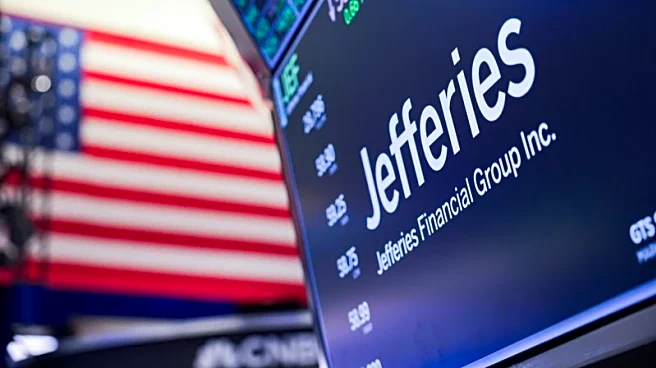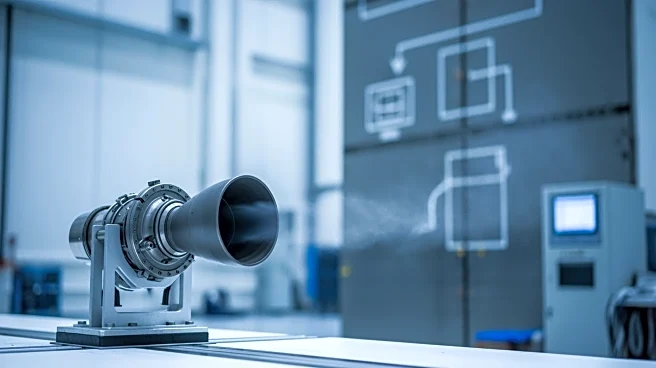(Reuters) -Jefferies reported higher third-quarter profit on Monday, as record advisory fees and a rebound in dealmaking gave investors an early read on how Wall Street's investment-banking business may
perform this earnings season.
Despite a short pause in April as tariff concerns briefly clouded sentiment, optimism around M&A has remained strong. Companies have pressed ahead with multibillion-dollar transactions across sectors, reflecting confidence in growth prospects and a willingness to commit capital even in a choppy policy environment.
Dealmakers say the pipeline for 2026 remains strong, with expectations of Federal Reserve rate cuts adding to confidence that financing conditions will improve.
Jefferies' total investment banking net revenues jumped 20.3% to $1.14 billion from a year earlier.
Results from bigger rivals, including Morgan Stanley, Goldman Sachs and JPMorgan Chase, are due next month and will give a broader picture of how strongly Wall Street's dealmaking engine is recovering.
DEALS REVIVAL
Global dealmaking reached $2.6 trillion in the first seven months of the year, the highest since the 2021 pandemic-era peak, as a quest for growth in corporate boardrooms and the impact of a surge in AI activity helped overcome uncertainty caused by U.S. tariffs.
Advisory revenue at Jefferies rose 10.7% to record $655.6 million in the quarter.
Jefferies said its equity and debt underwriting revenues climbed 20.7% and 36.3%, respectively.
It acted as bookrunner on several high-profile U.S. IPOs during the quarter, including Firefly Aerospace and crypto exchange Bullish.
Revenue from the capital markets business, which houses its trading desks, rose 6.9% to $723.4 million from the previous quarter.
Earlier this month, Japan's Sumitomo Mitsui Banking Corp agreed to raise its stake in Jefferies, aimed at strengthening cross-border dealmaking and equity capital markets as Japanese capital flows surge.
Net earnings attributable to common shareholders rose to $224 million, or $1.01 per share, in the three months ended August 31. That compares with $167.1 million, or 75 cents per share, a year earlier.
(Reporting by Lananh Nguyen in New York and Prakhar Srivastava in Bengaluru; Editing by Alan Barona)










